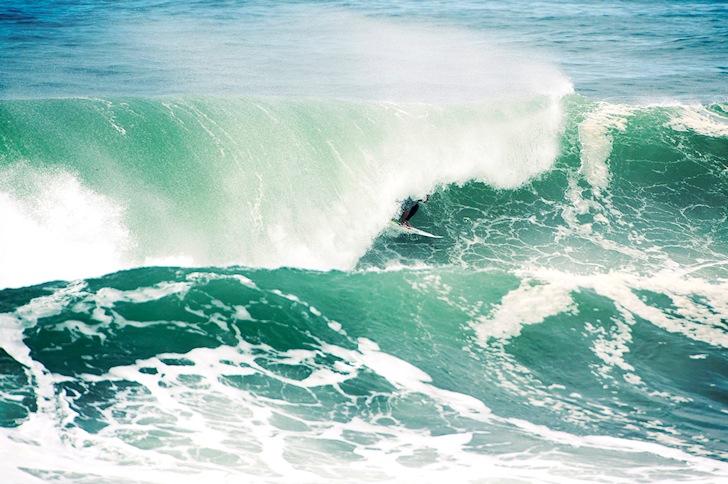Why do waves break?
The breaking of waves is studied by fluid dynamics, a sub-discipline of physics that studies the science behind liquids and gases. Scientists have concluded that waves break when their amplitude reaches a critical level that causes large amounts of wave energy to be transformed into turbulent kinetic energy, like a ball rolling down the hill. […]

 The breaking of waves is studied by fluid dynamics, a sub-discipline of physics that studies the science behind liquids and gases. Scientists have concluded that waves break when their amplitude reaches a critical level that causes large amounts of wave energy to be transformed into turbulent kinetic energy, like a ball rolling down the hill. In other words, when waves reach shallow waters – usually near coastlines – they increase in height, and their crests meet the Law of Gravitation. The waves break. That is what wave shoaling tells us.
The breaking of waves is studied by fluid dynamics, a sub-discipline of physics that studies the science behind liquids and gases. Scientists have concluded that waves break when their amplitude reaches a critical level that causes large amounts of wave energy to be transformed into turbulent kinetic energy, like a ball rolling down the hill. In other words, when waves reach shallow waters – usually near coastlines – they increase in height, and their crests meet the Law of Gravitation. The waves break. That is what wave shoaling tells us.
View article:
Why do waves break?

Comments are closed.